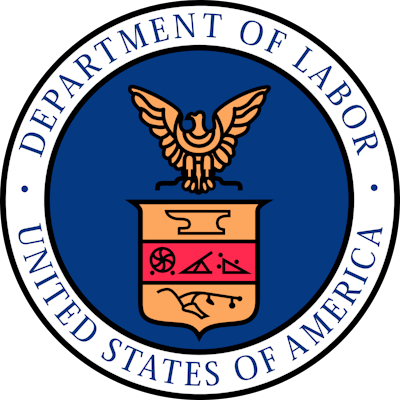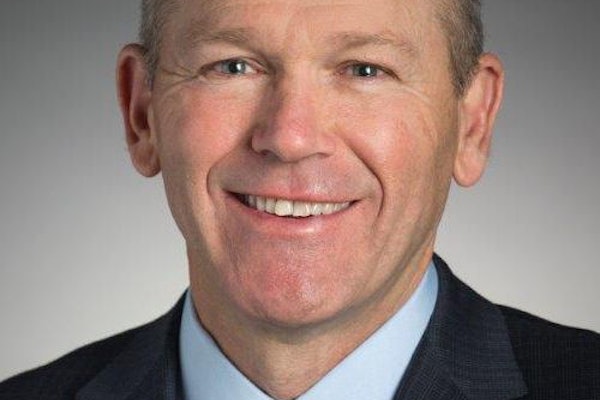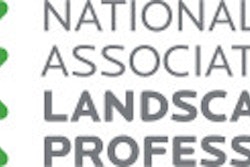
President Obama has called the new overtime regulations “the single most important step we can take to help grow middle-class wages.”
The final rule’s salary threshold of $47,476 is actually lower than the U.S. Department of Labor’s earlier version of the proposed overtime revisions, which set the minimum salary required for exemption at $50,440.
Before today’s rule change, the threshold was $23,660 – an amount even critics of the rule change acknowledged should be higher. The share of U.S. workers who qualify for overtime pay was 62 percent in 1975; today, it’s 7 percent.
The final rule also contains a provision for automatic updates of the salary threshold every three years. The threshold will be tied to the 40th percentile of full-time salaried workers in the nation’s lowest-income Census region, which is currently the South.
The Obama administration estimates the change in overtime rules will raise U.S. wages by approximately $12 billion over the next decade, or an average of $1.2 billion a year. An additional 4.2 million workers are expected to become eligible for overtime pay under the new regulations.
The final rule makes no change to the so-called duties test, which generally requires that a worker must be in an administrative or professional role to be exempt from overtime requirements. Workers who meet the income threshold must still meet the duties test be exempt from overtime requirements.
In a wholly new provision, the revised rule allows employers to count bonuses and commissions toward a maximum of 10 percent of the threshold salary.
Opponents of the new overtime regulations are urging Congress to act within the 60-day time limit to put the revised rule on hold.
The Society of Human Resource Management’s president and CEO, Henry G. Jackson, issued a statement about the final rule, which SHRM has taken the lead in fighting, saying it will hurt the employees it was meant to benefit.
“The salary threshold – although slightly less than originally proposed – will mean many employees will lose the professional ‘exempt’ status that they have worked hard for and the flexibility from rigid schedules that they care deeply about,” Jackson said.
In a recent interview with Total Landscape Care, SHRM’s director of congressional affairs, Lisa Horn, said the organization would continue to work with the National Association of Landscape Professionals and numerous other business groups to push legislation that would quash the new rule.
Introduced in both the House and Senate, the bill states flatly that “any regulations that were amended by such final rule shall be restored and revived as if the final rule had never taken effect.”
In addition to lobbying for the bill, SHRM says it will continue its ongoing efforts to educate human resources professionals across the country about the new regulation’s requirements. The organization also will provide advice to employers as they adapt their compensation and timekeeping practices to the new wage-and-hour policies.
The Labor Department produced this video to explain the new rule:









